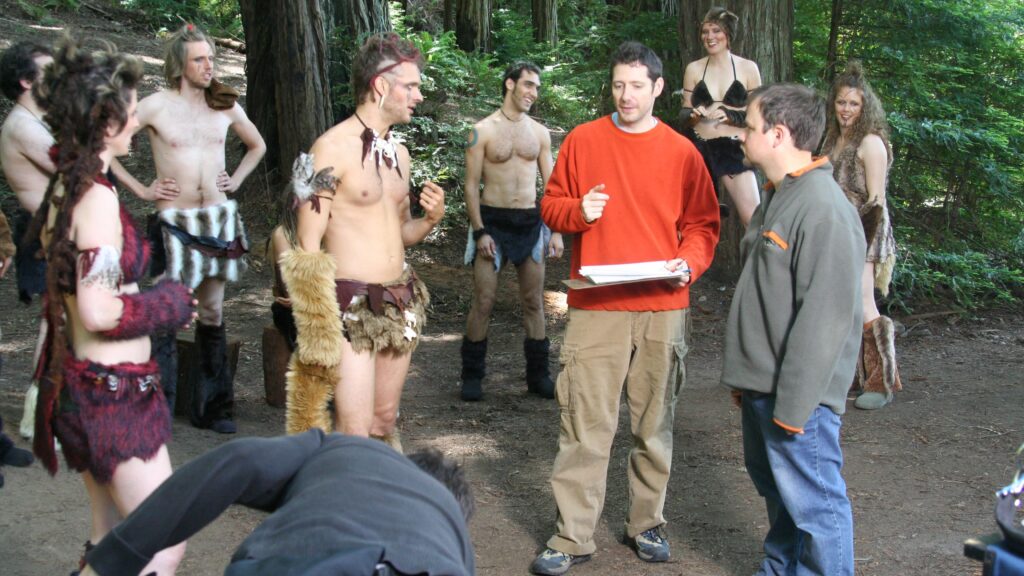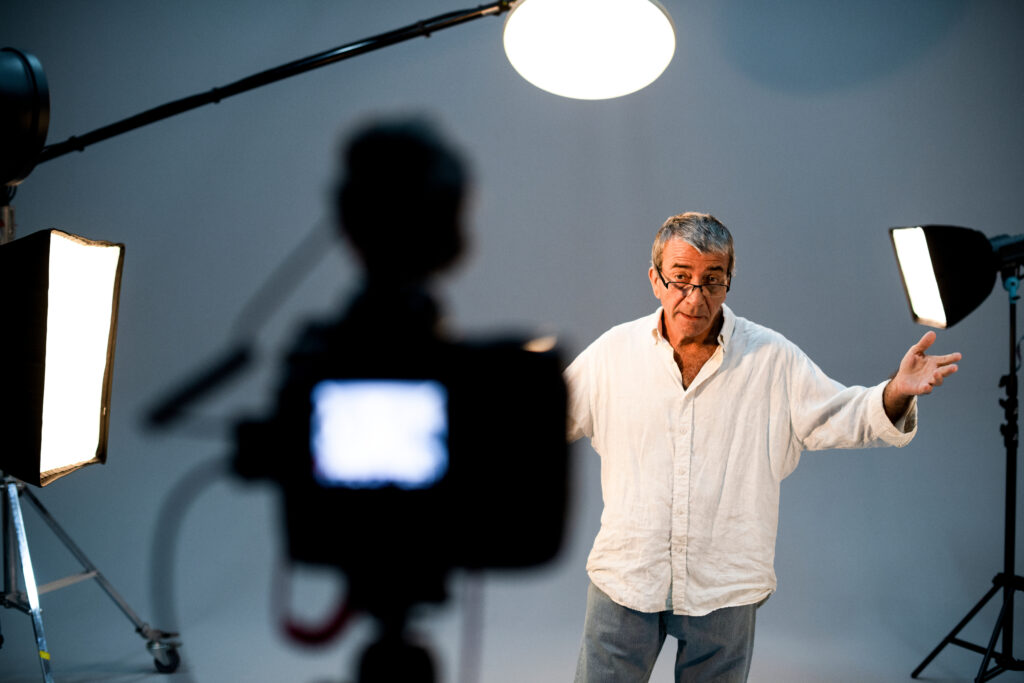For filmmakers, short films primarily mean to express their unique style, show off, and be discovered. With a stack of short films submissions a mile high, filmmakers must have a strategy to get successfully noticed by short film script competitions, festival programmers, etc.
Let’s take a deep dive into 10 amazing tactics for new short filmmakers to help them prepare, produce and navigate through different trials and tribulations of making stunning short films.
1. Always keep the head out of the clouds
You can have grand aspirations and set lofty goals, but the worst thing is to delve into the process with high expectations. When you begin to think that your work will get fully financed by connecting with investors, through pre-sale distribution, or venture capitalists, it is soon when you will realize that what you have read about independent filmmaking is a myth. Therefore, dismiss the delusions of grandeur that your project will make you a star. Be realistic.
2. Understand the obligations of crowdfunding
You must be overly active on social media platforms. It’s around one and a half months of endless emails, posts, and tweets, all of which have you asking family, friends, relatives, and strangers for money. Through crowdfunding, you’ll promise some packages that backers select to invest in – their name on the posters, credits, DVD copies, t-shirts, etc. Always do proper budgeting beforehand; otherwise, you’ll see that 50% of your raised money is gone after expenses, processing, and shipping.
3. Scheduling is a key
Ensure all the schedules are detailed out to the minute. Moreover, communicating clearly with the cast and crew about where and when they’re expected to be will help you prevent unnecessary production delays. Organize the day to shoot multiple scenes in one day. If you’ve different locations, select the key location and group scenes that use the same costumes and cast members. Additionally, schedule the exteriors first, so if it rains, you can delay the scenes until the following day.
4. Persuasive cinematic experience will take your short film to the next level
The camera, lenses, and lighting is most important in short films. While a few screenwriters will hate to accept the fact that visuals sometimes play a more critical role than the depth of the story. Therefore, many great scripts have been utterly undersold by lackluster visuals and poor production value. Furthermore, it’s essential to find enticing locations and partner with experienced cinematographers and lighting technicians. However, if they don’t have great equipment, keep some budget aside for finding some through news stations, local companies, or universities.
5. Avoid clichés and get right to it
A belly of clichés haunts every film festival, resulting in instant eye roll from judges – the top one is the talking head cliché. Therefore, avoid the talking head cliché where characters sit together and banter back and forth. While filmmakers find it a tempting cliché as it requires limited locations, it gets boring for audiences rapidly. The first one minute of the short film can make or break you. One of the top secrets to making a successful short film is nailing the opening. Always utilize atmosphere, music, and silence and offer the audience some engaging twists and turns.
6. Never neglect the power of sound
Bad sound is considered the hallmark of amateur filmmaking. If the viewer can’t understand what the actors are saying, there won’t be any room for emotional involvement. So keep sound in mind beforehand – ensure the story you tell and the locations you choose to make your sound recording effortless. If possible, keep a portion of the film dialogue-free, with scenes having non-sync sound or music in their stead since sync sound takes much longer to shoot.
7. Never be a dictator, but a collaborator
It’s tempting to be captivated by that stereotypical role of a dictator who has the final rule over all. However, you must be overly collaborative. For instance, ask the cinematographer about their point of view, let the cast have some freedom with their characters, allow them to question a few choices made within the script, etc. Remember that filmmaking is a collaborative art, so always look for strangers that clearly have a skill or talent that you can benefit from.
8. Be reasonable with the editing
When working in post-production, you can be ruthless – don’t be afraid to cut a few scenes, even if it means undoing hours of work. Always back up the footage and project in different locations. Constantly save your work while editing so you don’t lose any time and work in case of computer error. Remember that editing is your opportunity to be as creative and wild as you want, so don’t hold back!
9. Run time must be short
Short films can be 45 minutes long, but it’s not recommended for new short filmmakers to exceed 15 to 20 minutes. You can make a significant impact with a short running time. Moreover, when there is less to film, you can focus on vital characters’ moments and stories during production.
10. Start small
If you are just starting, write a short script and produce the story on a borrowed camcorder. Edit the footage and upload it to YouTube. Test audience reaction, note down points to improve, and make another film. Move on to more significant projects only when you feel satisfied and confident with short storytelling. This short film marathon exercise will help you understand how to shoot scenes with minimal cost while keeping the film enjoyable.
THE KEY TAKEAWAY
Keep the production of your short film as simple as possible by limiting the number of cast members and locations. Avoid period pieces, animals, and children, as they’re far too unpredictable. Also, avoid big scenes with elaborate sets, props, and costumes.
The 10 tactics for short filmmakers shared above are only the tip of the iceberg. You’ve to be well prepared with every shooting day, complete with storyboards, shot lists, and page breakdowns for the actors. Although you may wish to break the rules regarding content, however, there is a solid reason professional shoots are organized and planned the way they are. The more precise and prepared you are, the better your vision will be captured.

Ben Cable has two short films “Everything I Could” and “Don’t Be Afraid“, both under 2 minutes that showed in September 2022 at the historic TCL Chinese Theater on Hollywood Boulevard in California.





